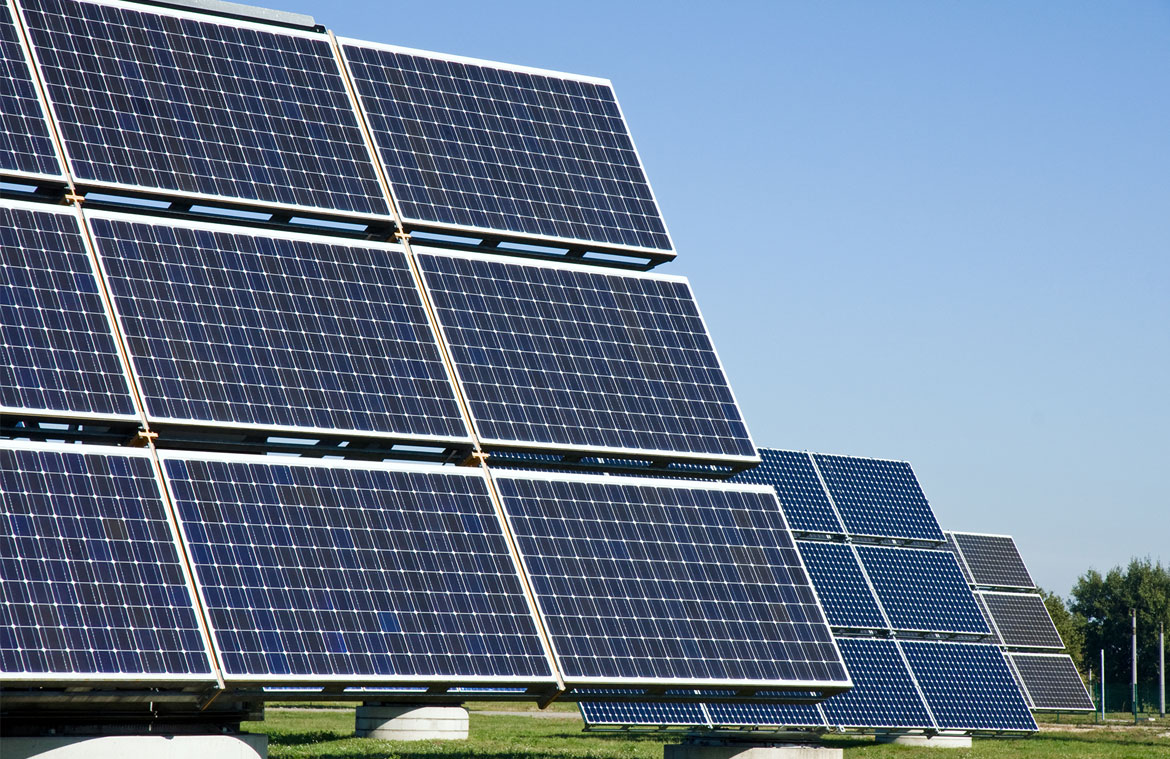
Solar Installation System
At Solar Rex, we don’t just install solar systems—we engineer energy independence. Our end-to-end solar installation process combines cutting-edge technology, premium components, and expert craftsmanship to deliver seamless, efficient, and durable power solutions for homes and businesses across Nigeria.

Energy Assessment & Consultation
We analyze your electricity bills and energy usage patterns.
Discuss your goals: backup power, total energy independence, or reduced bills.
On-site evaluation of your roof’s structure, shading, and orientation.
System Design & Engineering
Custom design optimized for maximum energy production and efficiency.
Component selection based on performance, durability, and value.
Detailed proposal with system specs, cost breakdown, and ROI projections.
Installation & Commissioning
Professional mounting of panels, inverters, batteries, and wiring.
Integration with your main electrical panel and grid (if applicable).
Full system testing and performance validation.
Solar Panel (poly & mono)
We offer both monocrystalline and polycrystalline solar panels to meet diverse needs and budgets. Understanding the differences between these technologies will help you choose the best option for your home or business.
Polycrystalline Solar Panel
A polycrystalline solar panel is a type of solar panel made from multiple silicon crystals, giving it a distinctive blue, speckled appearance and a less efficient, but more affordable, energy conversion than monocrystalline panels.
Monocrystalline Solar Panel
Monocrystalline panels are made from single-crystal silicon, formed into uniform cylindrical ingots and sliced into thin wafers. This pure, structured composition allows for highly efficient electron movement, making them the most efficient solar panels commercially available.
Solar Rex Recommendations for Nigerian Customers
For most urban homes in Lagos, Abuja, or Port Harcourt → Monocrystalline (due to space constraints).
For rural installations, farms, or large commercial buildings → Polycrystalline (cost-effective for scaling).
For hybrid systems with batteries → Monocrystalline (more efficient for energy storage).






